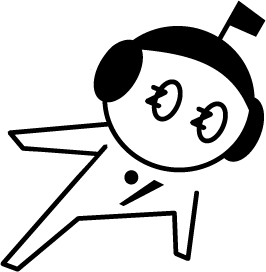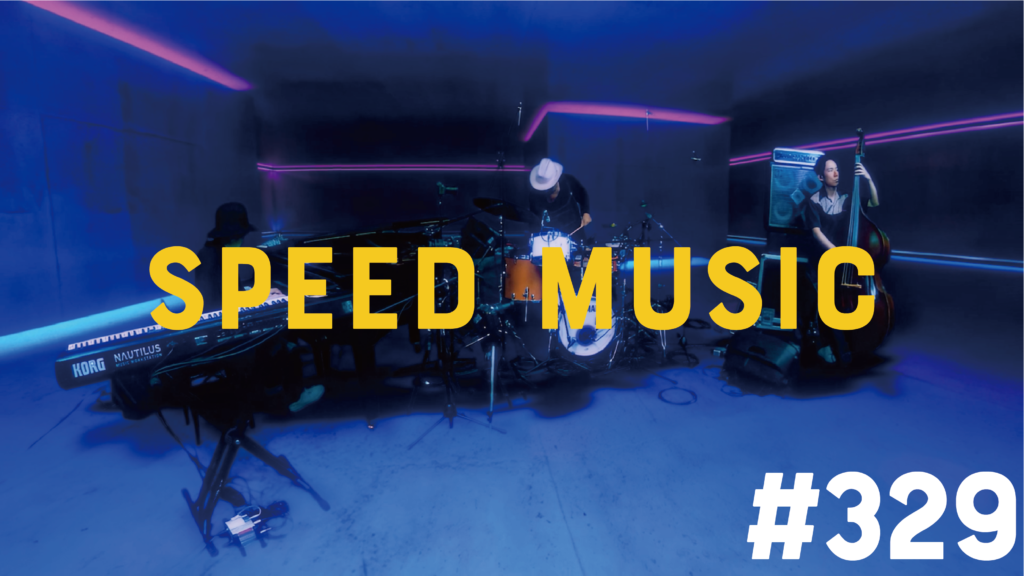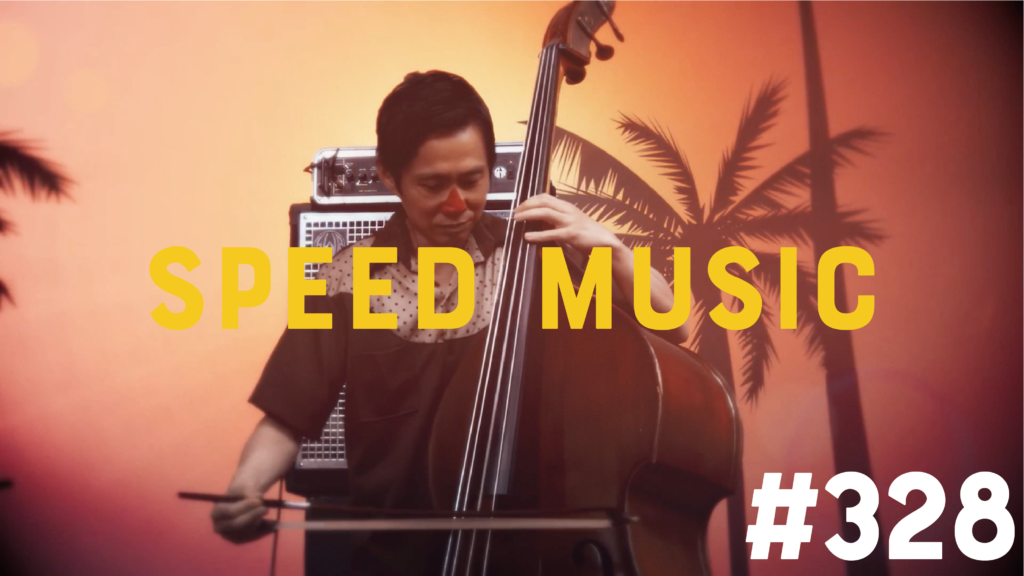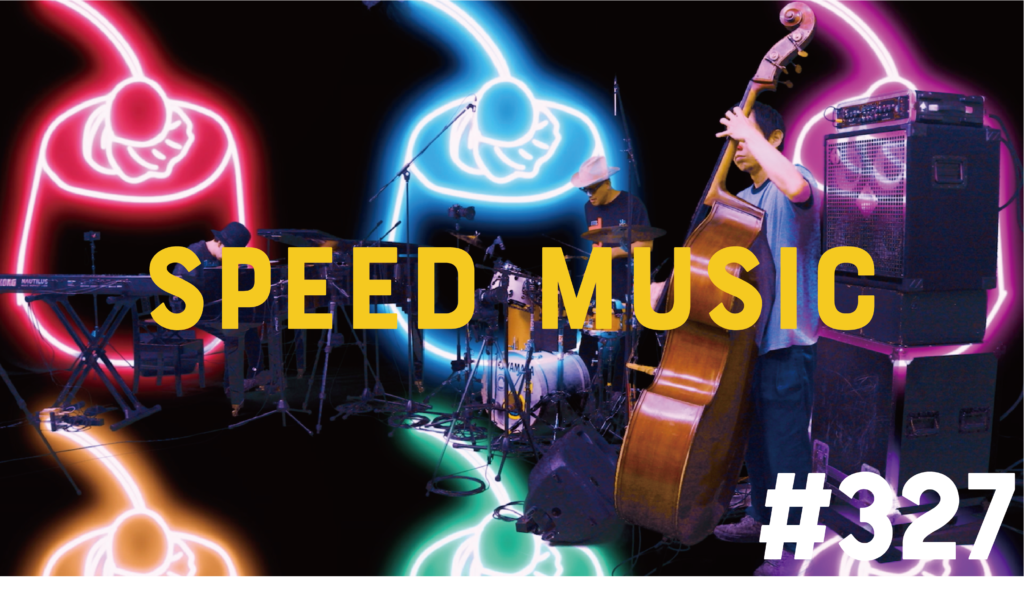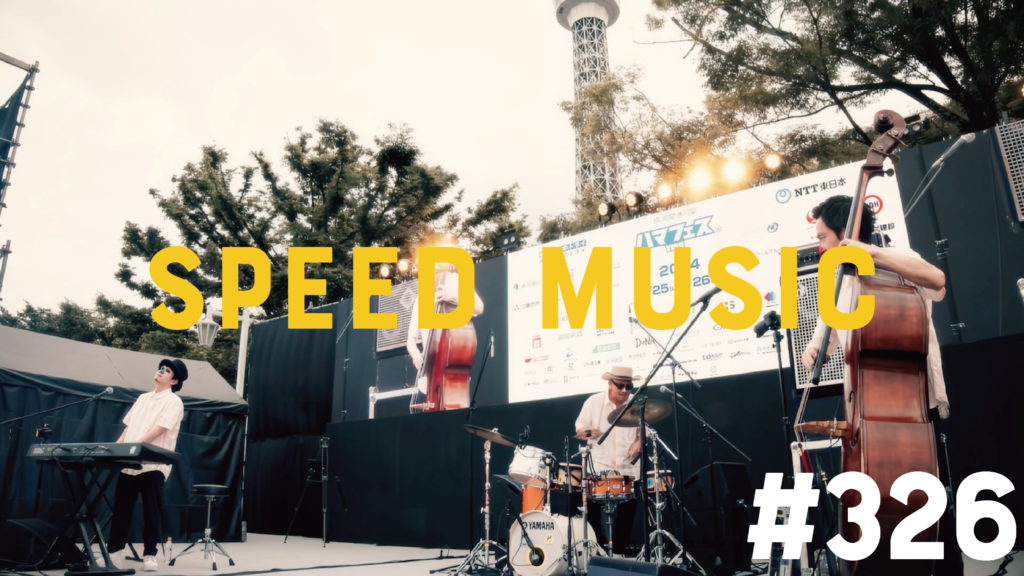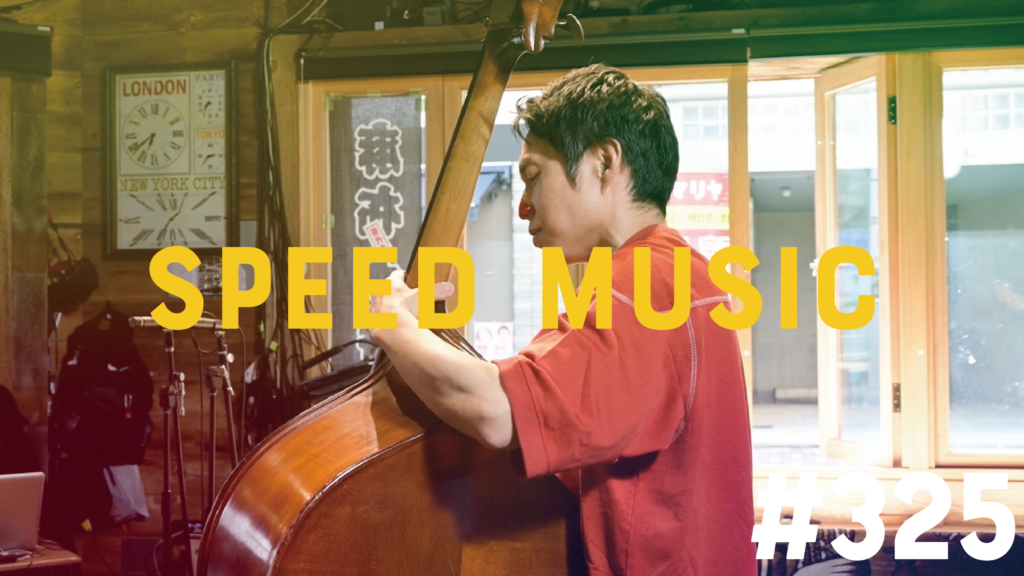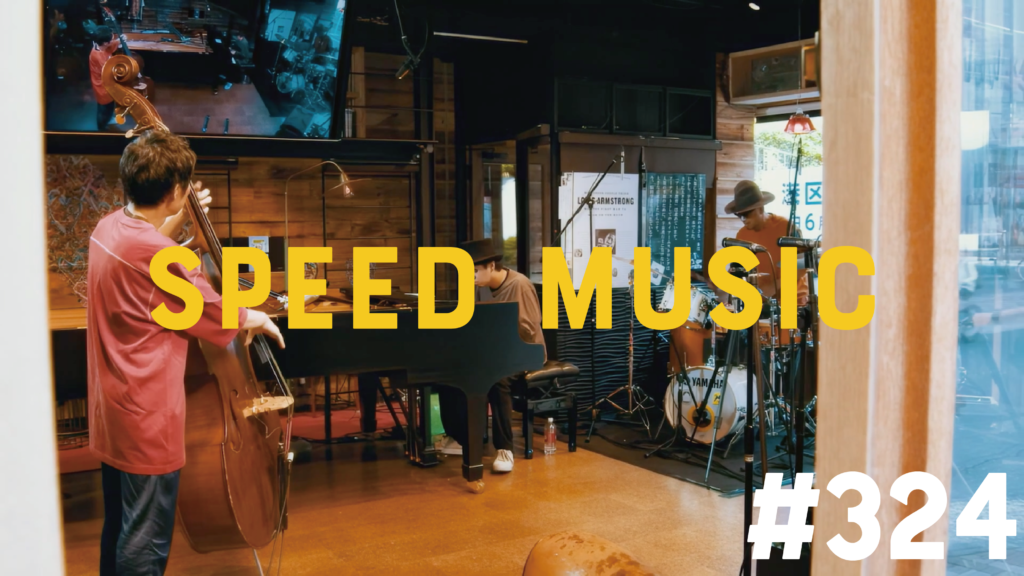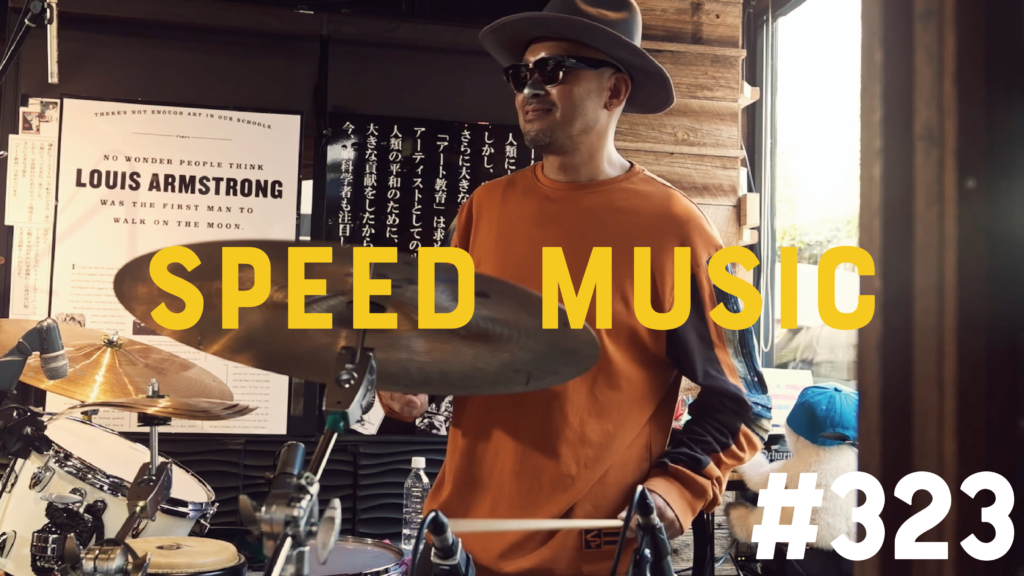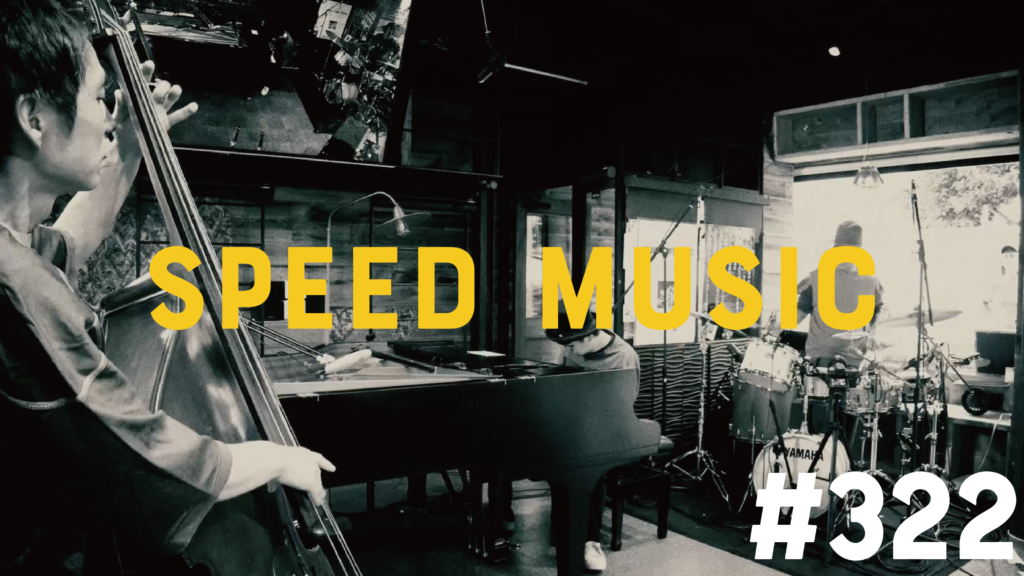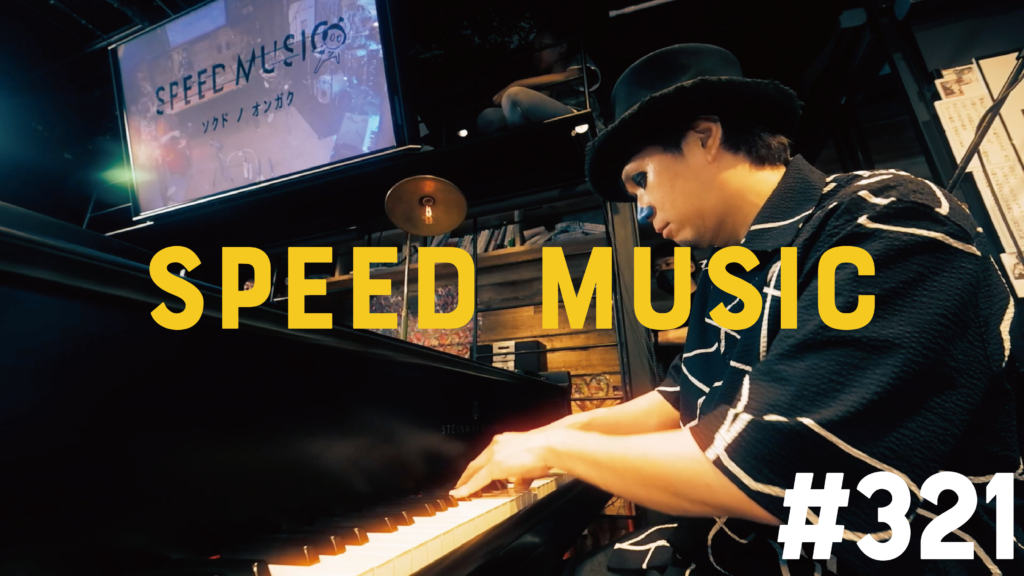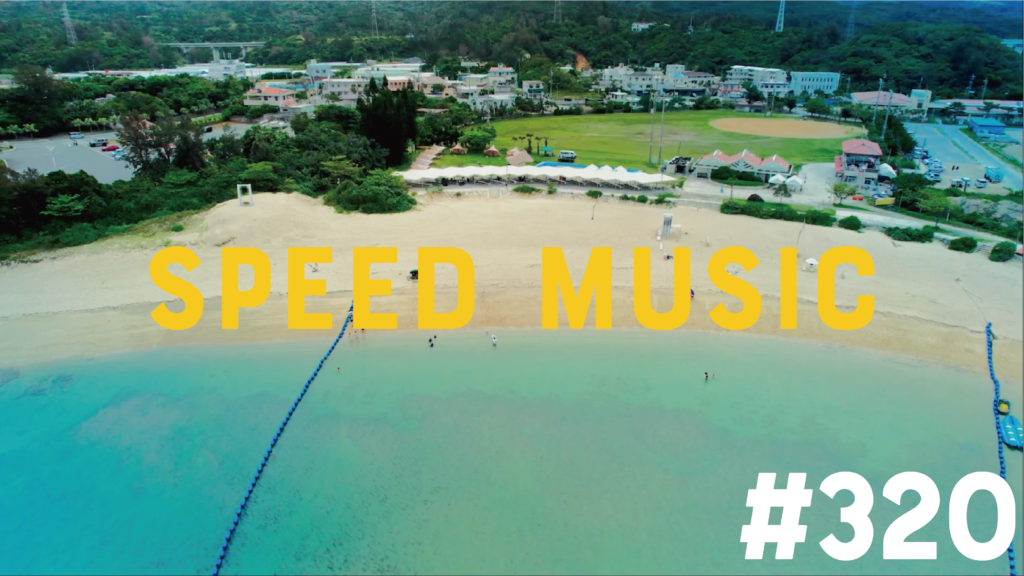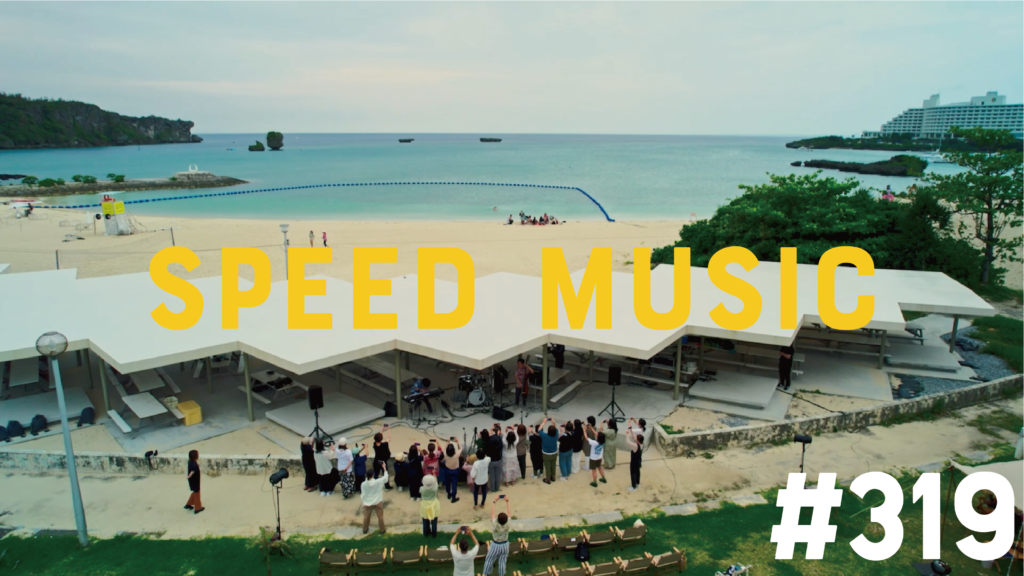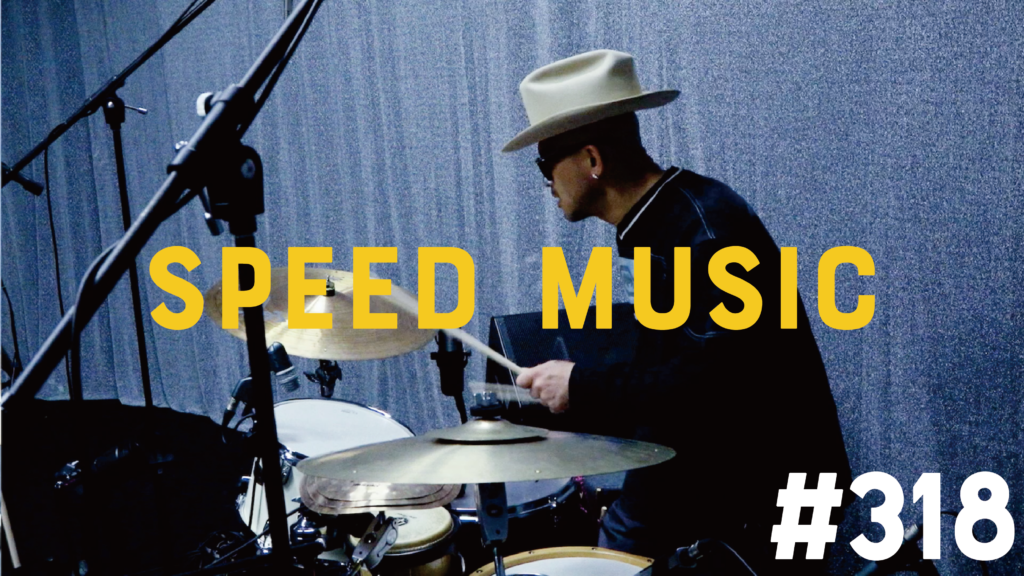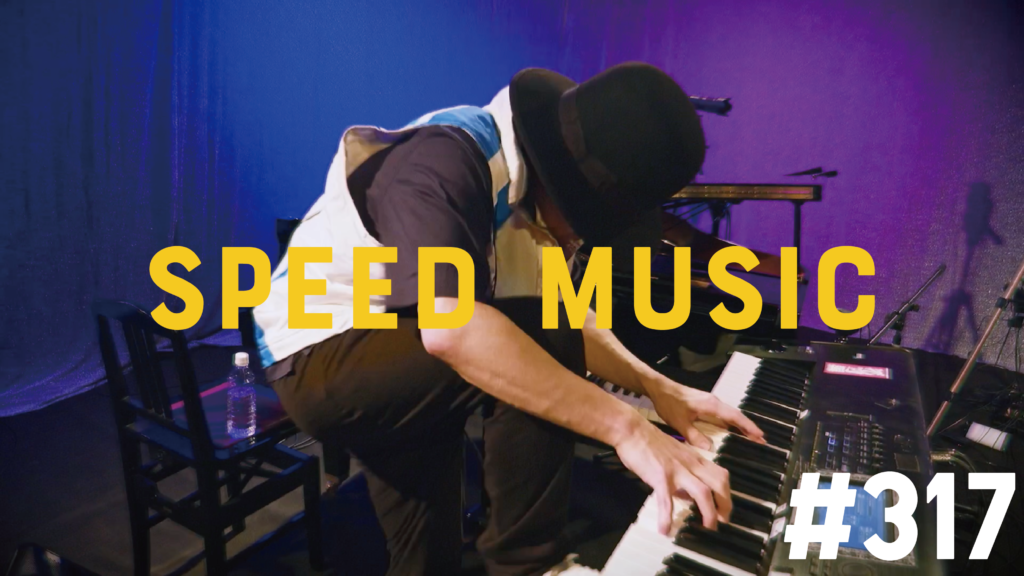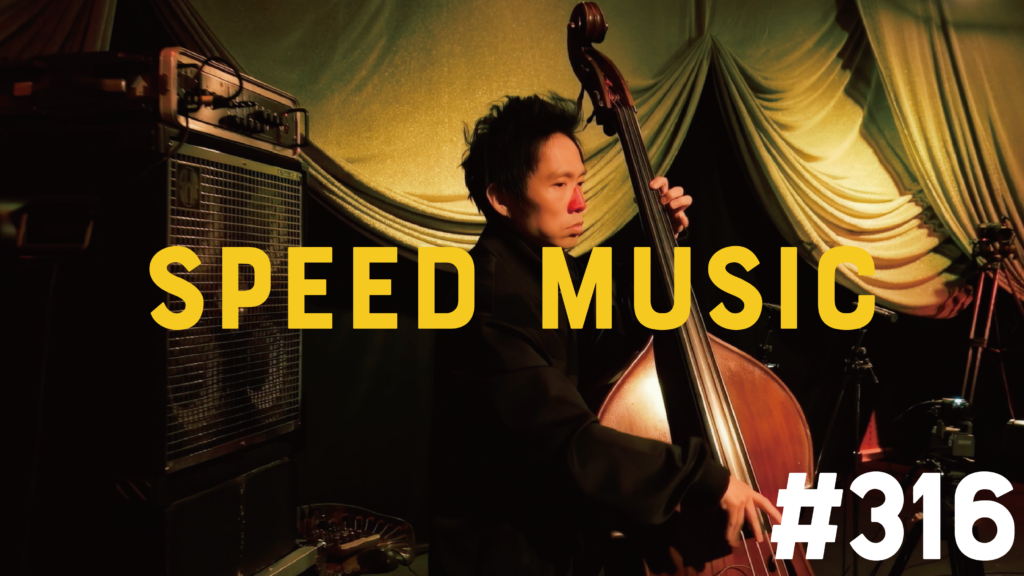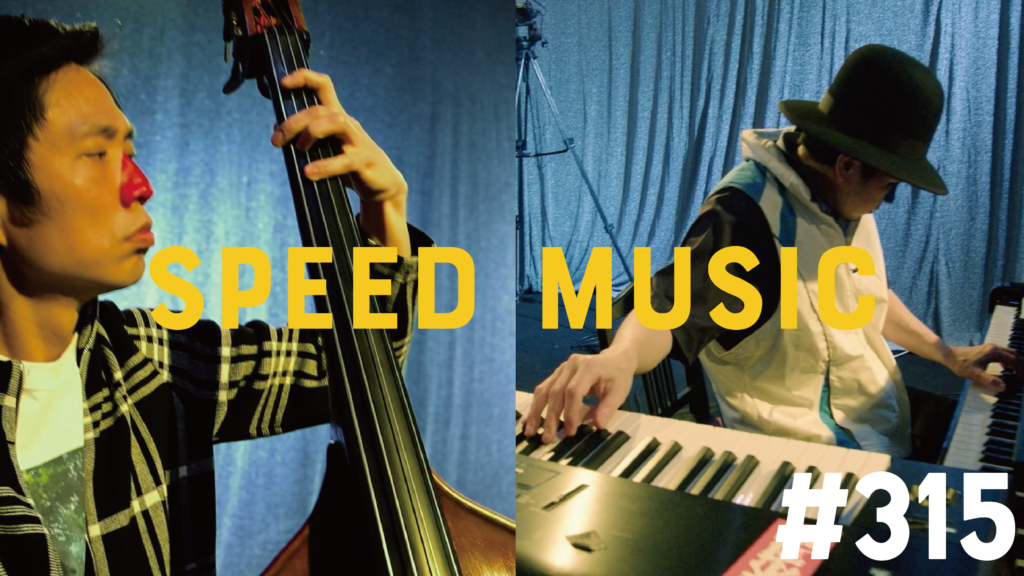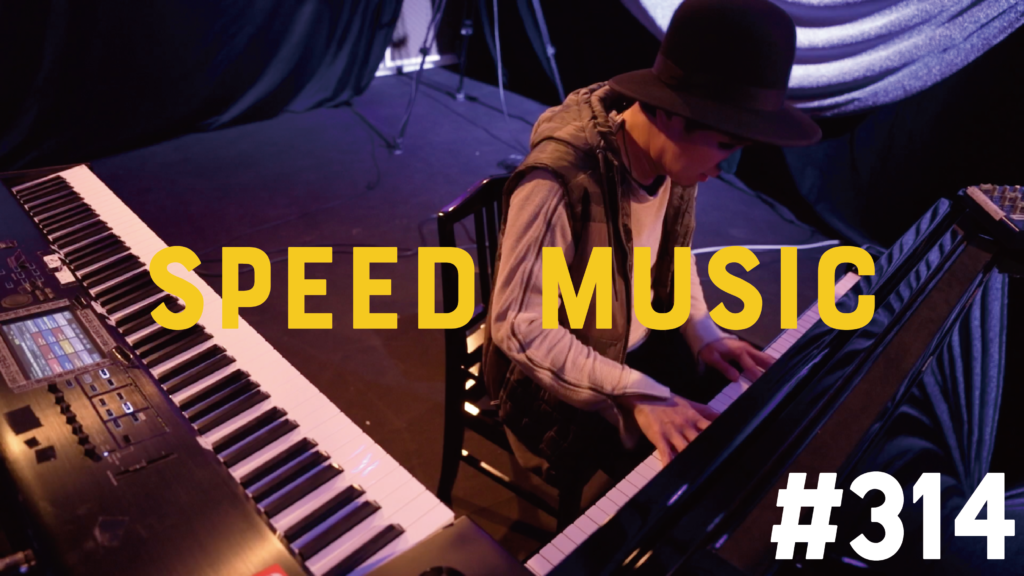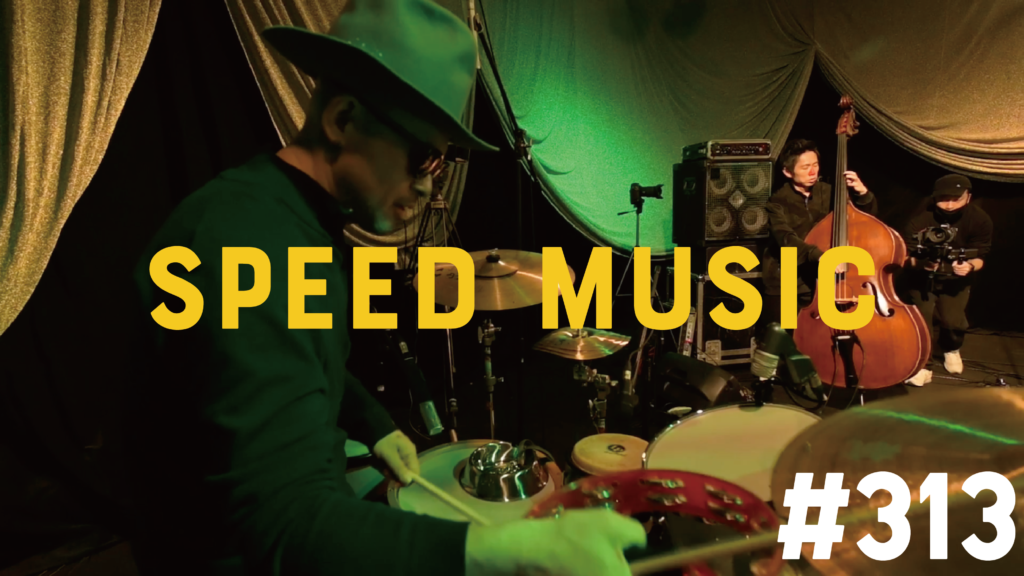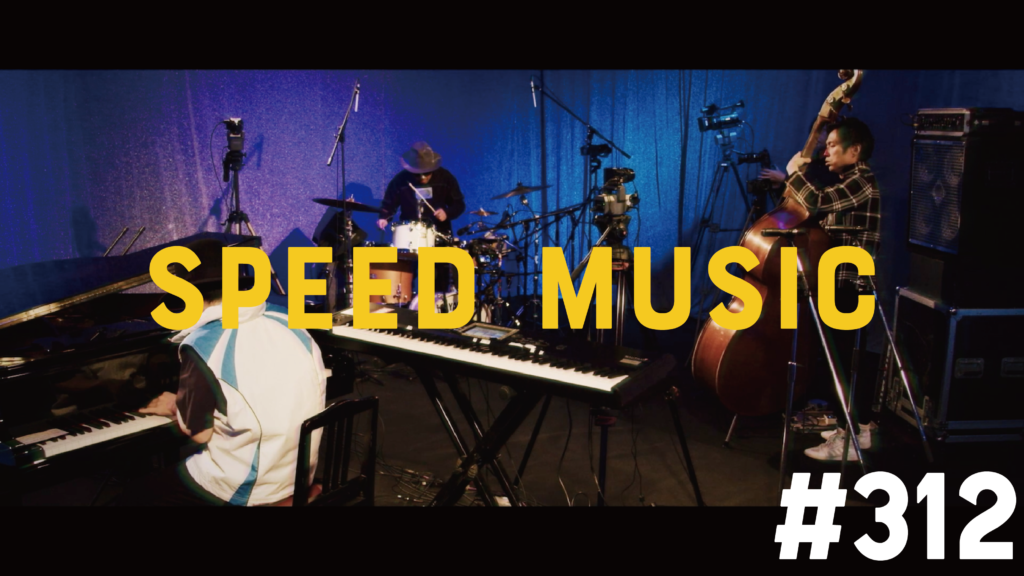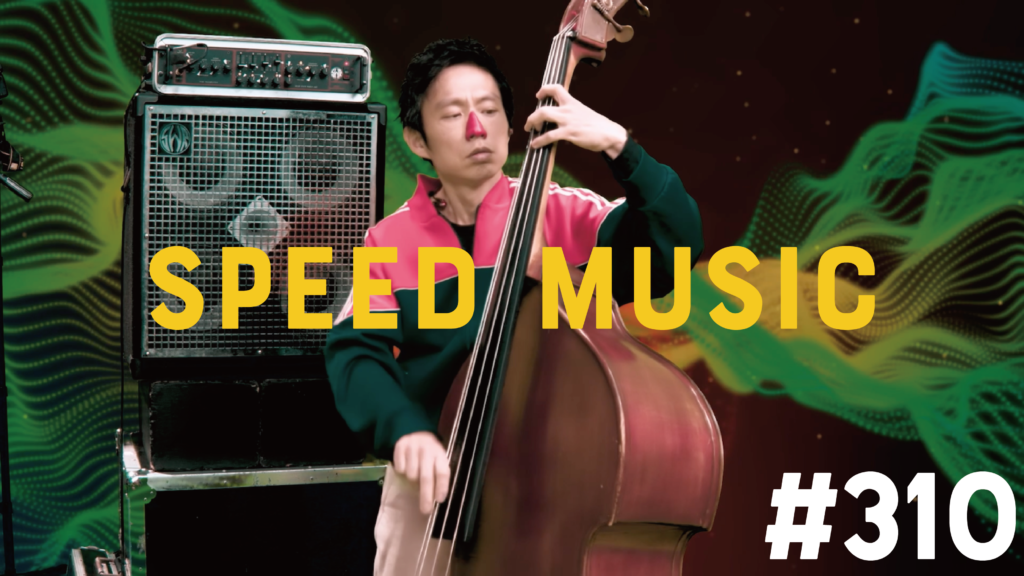#326 熱き星たちよ / 横浜DeNAベイスターズ球団歌 by H ZETTRIO
日本プロ野球のセントラル・リーグに所属する横浜DeNAベイスターズの球団歌。本拠地の横浜スタジアムの最寄り駅である東日本旅客鉄道(JR東日本)根岸線関内駅のホームでは2011年6月2日から(2012年まではプロ野球シーズン中のみ、2013年からは通年使用)本曲のオリジナル版をアレンジしたものを発車メロディとして使用しているほか、ファームチームが本拠地として使用している横須賀スタジアムに近い京浜急行電鉄本線の追浜駅では2018年11月19日から、DeNA買収後のバージョンをアレンジしたものを接近メロディとして使用している。(フリー百科事典 ウィキペディア日本語版より:https://x.gd/HQdN0)
This is the team song of the Yokohama DeNA BayStars, a team that belongs to the Central League of Nippon Professional Baseball. This song has been played on the platform of East Japan Railway Company (JR East) Negishi Line Kannai Station, the nearest station to Yokohama Stadium, the home base, since June 2, 2011 (until 2012, it was only used during the professional baseball season, and from 2013, it was used all year round). In addition to using an arrangement of the original version of ``DeNA'' as the departure melody, from November 19, 2018, Oppama Station on the Keikyu Main Line near Yokosuka Stadium, which is used as the home base of Farm Team, will use the original version as the departure melody. An arrangement of the version is used as an approach melody. (From the free encyclopedia Wikipedia Japanese version: https://x.gd/HQdN0)
